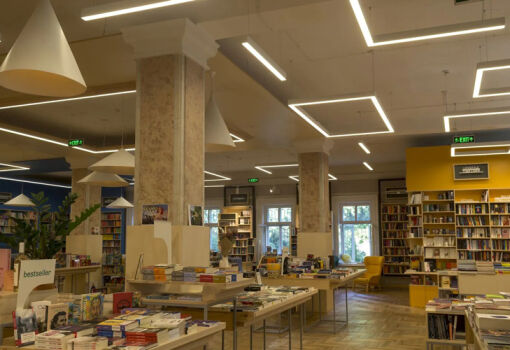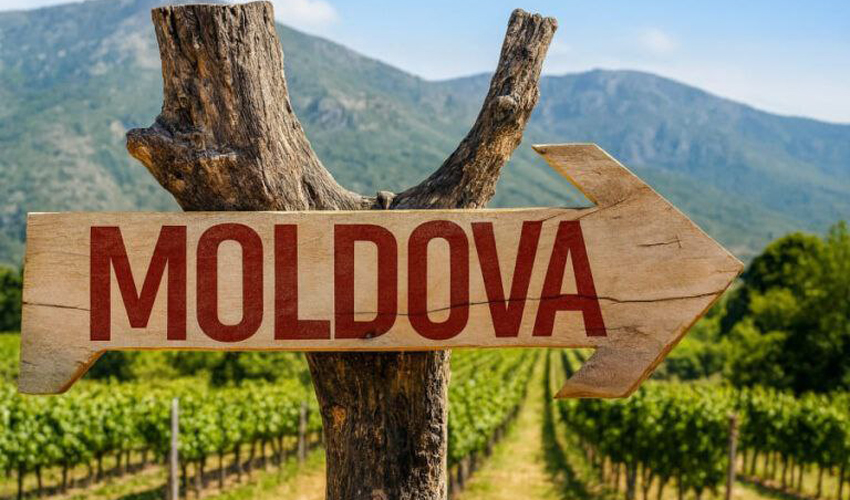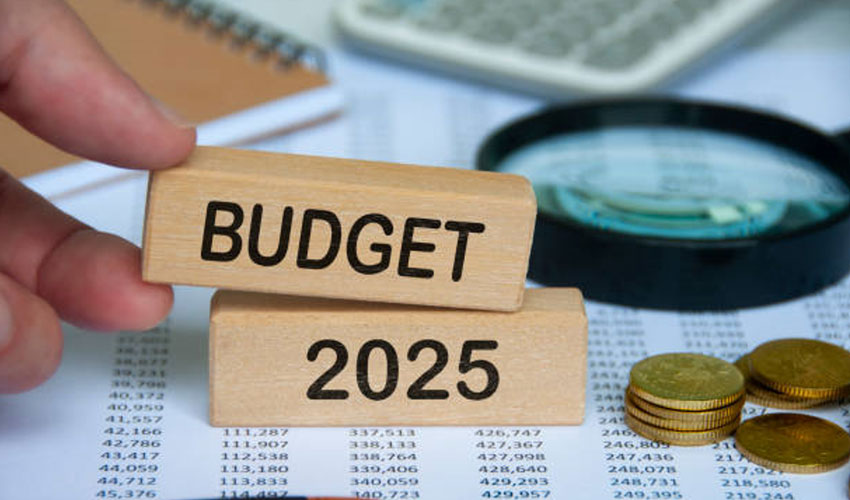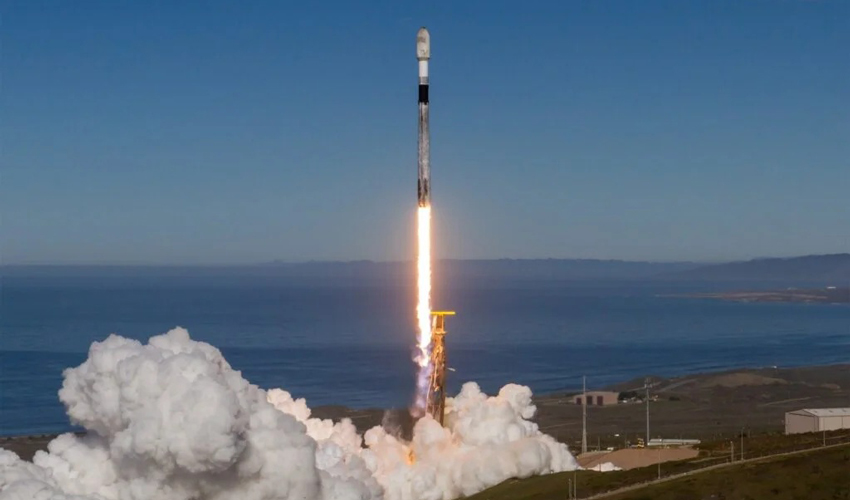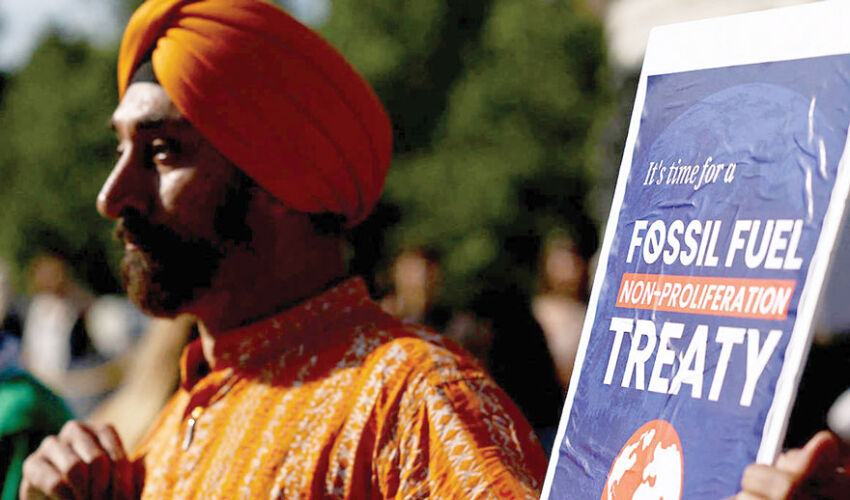
Yes, environmental challenges cannot be underestimated, especially in Small Island Developing States (SIDS) like Antigua and Barbuda, which are on the front lines of the climate crisis. In 2017, Hurricane Irma devastated my country in just a few hours: almost all the buildings on our islands were damaged by hurricane-force winds whose speeds exceeded 300 km/h. The World Bank estimates that the aftermath and recovery cost more than $222 million, but even after eight years, we are still scarred – physically and economically.
Dependence on imported fossil fuels like liquefied natural gas (LNG) exposes our countries to risks: price volatility, supply disruptions, budget problems. Unlike flammable methane, which has negative impacts on safety, health, and climate, solar and wind are not subject to market speculation and increasing geopolitical risks.
In the corridors of the SEforAll forum, fossil fuel executives followed a familiar script, arguing as if their products are important as a “temporary” solution until the energy transition is complete. But this “temporary” period will likely be shorter than the 30-year contracts they are forcing SIDS and other developing nations to sign. Moreover, based on current trends, most developing countries will have no need for gas in the next decade.
One of the reasons for this is artificial intelligence, which helps to solve the problem of volatile renewable energy supply and fluctuating demand, making it easier to integrate renewable energy into the grid. In addition, thanks to the falling cost of energy storage systems, advanced battery technologies are reducing the need for fossil-fueled backup energy sources. This phenomenon is already so prominent that gas and coal-fired power plant projects are beginning to be suspended or canceled. New LNG projects have become risky investments: most will not recoup their initial investment.
Investors have flocked to clean energy, which last year attracted almost twice as much money as fossil fuel projects. That’s good news, because a rapid transition to clean energy requires a large upfront investment (much larger than usual). But the payoff will be huge: by 2050, consumers in developing countries will spend almost 20 percent less on electricity than they would if they remained dependent on fossil fuels.
With these considerations in mind, Antigua and Barbuda was the first country outside the Pacific to support the Fossil Fuel Non-Proliferation Treaty, an international treaty to phase out oil, gas and coal. In addition, we have committed to transitioning to 100% clean energy by 2030 and fully electrifying our transportation fleet by 2040.
But we can’t do all of this alone. Climate disasters are becoming more frequent and intense, so the costs of rebuilding are rising. Our government has no choice but to borrow money at high interest rates, adding to our already burdensome national debt.
That is why Antigua and Barbuda, along with other SIDS countries, is calling on all nations to fulfill five key objectives. First, strengthen the energy transition and climate commitments, including phasing out inefficient fossil fuel subsidies. Second, mobilize transformative climate finance on a large scale, including through taxes and debt-for-climate swaps. Third, catalyze the deployment of renewable energy technologies by strengthening existing implementation platforms for such projects. Fourth, enhance institutional capacity and knowledge sharing in clean energy and energy efficiency, especially through South-South cooperation. Fifth, promote resilience and adaptation to climate change (e.g., by introducing electric stove cooking technologies).
Such an agenda is needed to preserve our planet, for it is the foundation of our health, security and prosperity. When the stakes are so high, we cannot afford to spend money on alternatives.
Gaston Browne,
Prime Minister of Antigua and Barbuda.
© Project Syndicate, 2025.
www.project-syndicate.org









